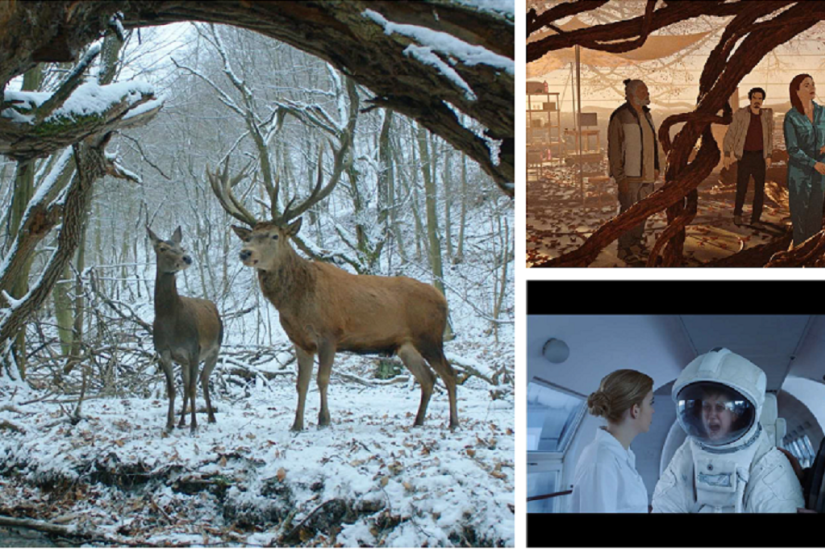
The lecture starts with a short description of the three decades – the 1990s, the 2000s, and the 2010s – within this research framework, showing how pertinent examples from the studied Eastern, Northern, and Western European small national cinemas engage with regime changes, market deregulations and Anthropocenic threats. In its second part the lecture develops in detail the segment referring to the small national cinematic mediation of climate trauma. The argument starts from the observation that in spite of their scarcer resources and peripheral situatedness, 21st century European small national cinemas have been engaged in culturally mediating this complex and ongoing collective trauma layer – on top of the previously unresolved events of such nature. The audiovisual narratives about ageing, childless or infertile women who engage into smaller, petty deeds or big-scale actions on behalf of nature and environmental protection are identified in this research as a cost-effective method for presenting traumatization and, perhaps, solutions to transitioning into a phase of post-traumatic growth. The analysis is built along three hypotheses, each illustrative of the research methodology combining elements of film production studies with the textual-formal analysis of narrative fiction films and the audience/reception studies of the same creations. Namely: 1. The representation of older female characters may be linked to the less institutionalized structure of small national film production industries where ageist and sexist barriers are more permeable; 2. The frequency of the narrative and iconographic stereotype evokes archetypes such as the wise old woman or the crone, the actualization of which is relatively easy and allows for a powerful method to process negative emotions ranging from climate anxiety to climate trauma; 3. The explicit childlessness or infertility of these female characters is suggestive of the few remaining biological markers of ageing, menopause, the films thus reaching out to the ageing audience of an ageing medium, cinema, in the Anthropocene context. The lecture hopes to channel several research projects that stand at the basis of this Affiliated IAS Fellowship, and includes online presence from colleagues too.
Image: Screenshots from/Poster art for On Body and Soul (Ildikó Enyedi, 2017), Eden (Ágnes Kocsis, 2020), White Plastic Sky (Tibor Bánóczki, Sarolta Szabó, 2023)